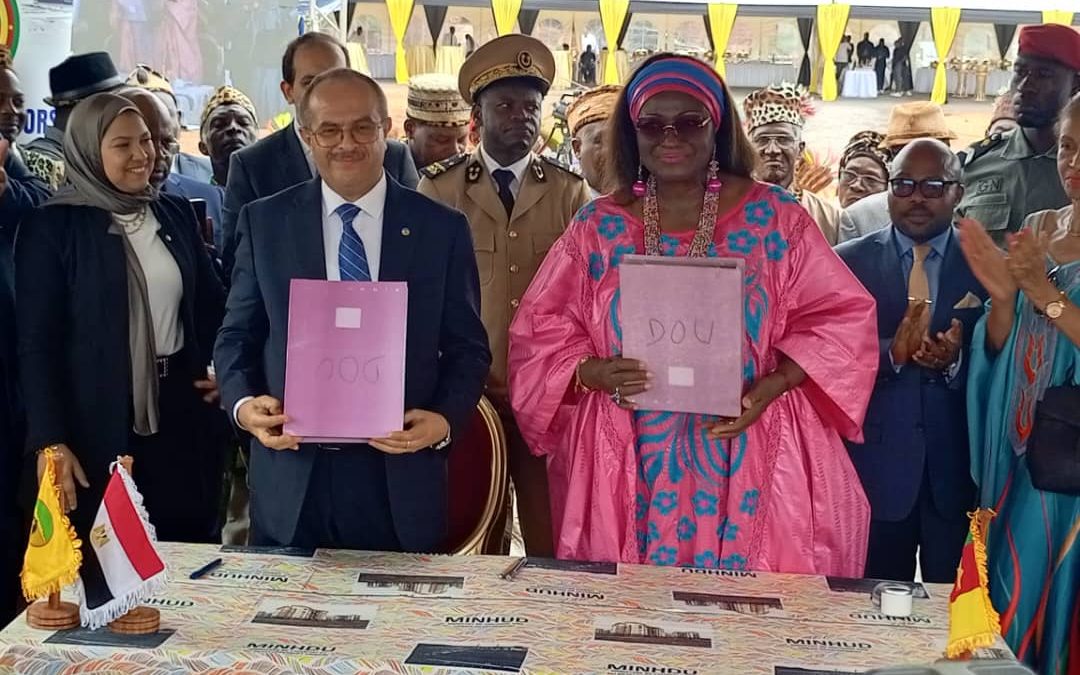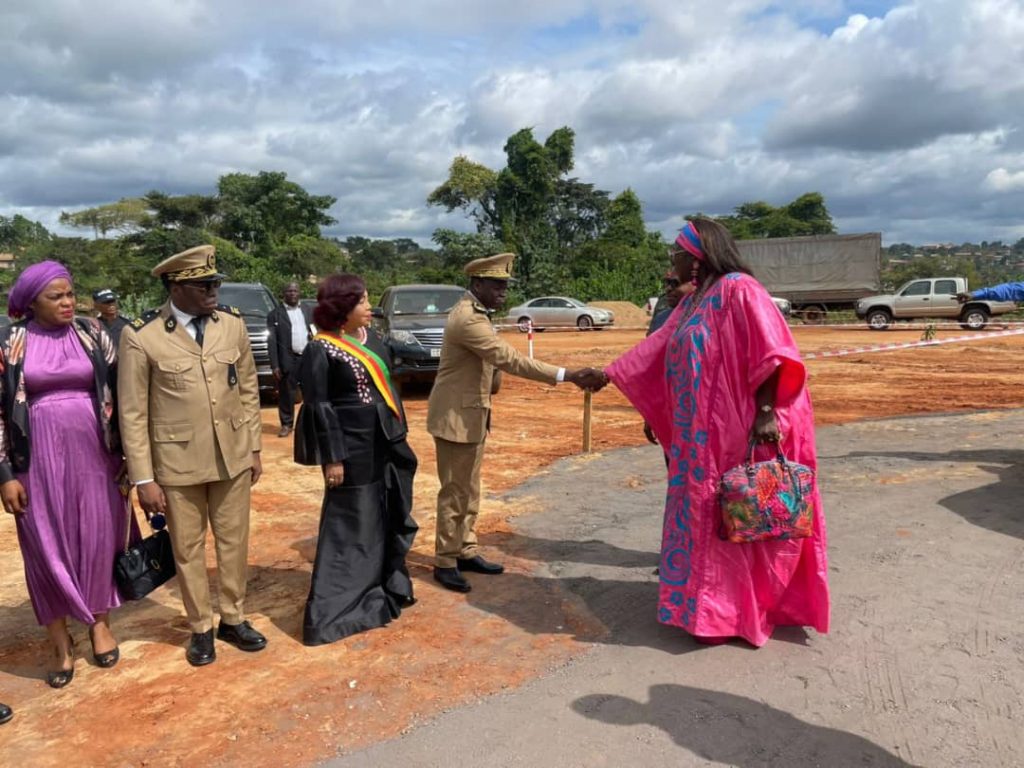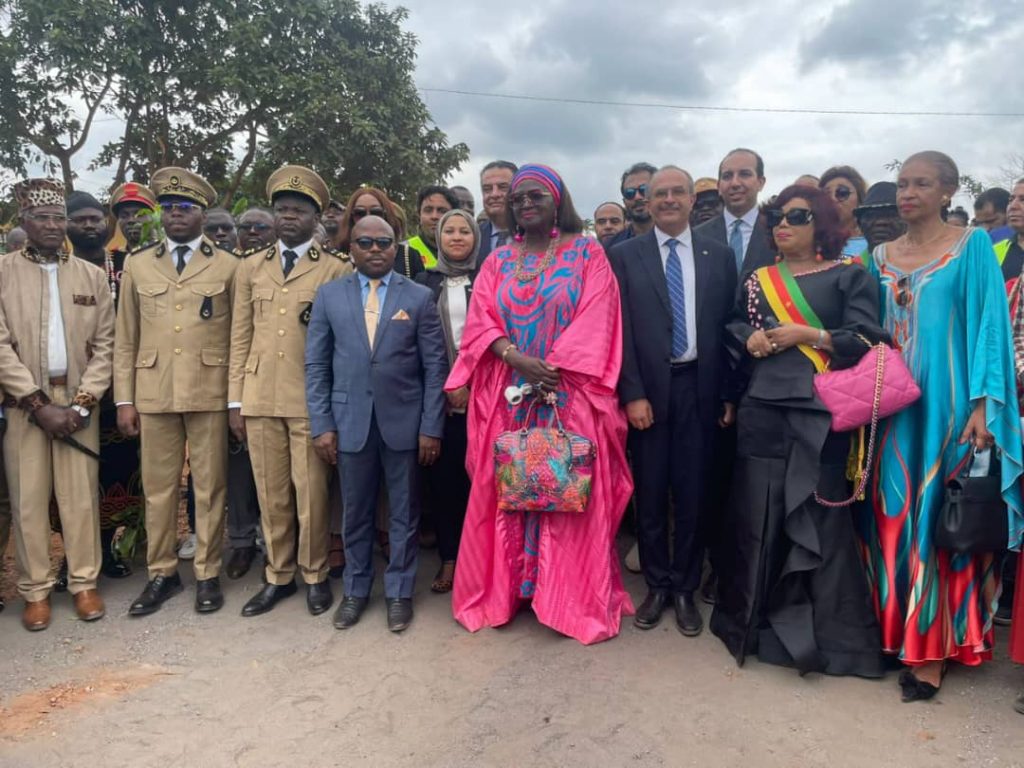


Processus de création d’une société coopérative et le mode de fonctionnement des différentes coopératives

L'implication des jeunes dans la gouvernance urbaine : expériences de la communauté urbaine d’Ebolowa

Actions prises par le MINHDU en faveur des jeunes

Construction des voies de contournement de la sortie nord de la ville de Yaoundé. Les travaux sont lancés.
Dans le cadre du des engorgement de la pénétrante nord de la ville de Yaoundé. Le gouvernement à travers le MINHDU à entrepris deux grands projets:

Le premier chantier en phase de maturation et de recherche des financements est celui de la construction de la voie de contournement de la ville de Yaoundé, qui est une rocade circulaire ceinturant l’ensemble de la ville de Yaoundé au niveau sa deuxième couronne périphérique. Une mission conjointe U’E, BAD, BEI et BDEAC se rend au Cameroun a partir du lundi 07 octobre pour la finalisation des financements du T3 d’un linéaire de 22, 5 km.

Le deuxième chantier concerne ces travaux de construction des voies de contournement
de la sortie nord de la Ville de Yaoundé, pour éviter les congestions observés au niveau de
route nationale N°1.
Cet important projet lance ce jour par madame le ministre comporte deux tronçons, à savoir :
- Tronçon 1 : entrée RN 4 (dispensaire nkozoa) – campus ISSTY (nyom)-carrefour katanga d’une longeur de 3,5 km ;
- Tronçon 2 : entree RN 4 (akak entrée soa) – akak carrière – gendarmerie de soa) –sous-préfecture soa – fin goudron soa d’une longeur 4,6km.
–
